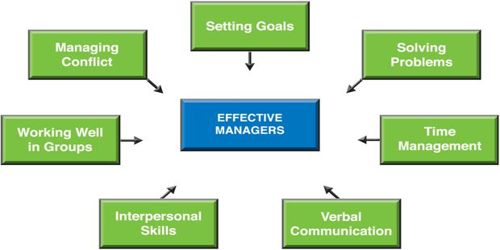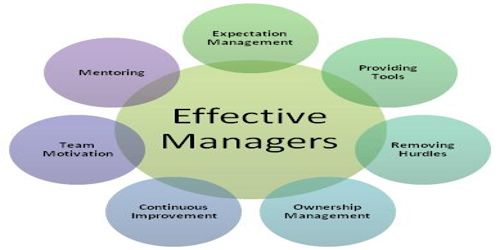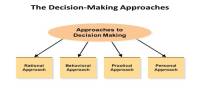How to be an effective manager
Being a good manager is all about running the show while producing effective results. You are not only seen as a leader but are also expected to be fair and approachable. For many managers, their duties are limited to getting the work done, however, how you get the work done is equally important and one cannot learn to do so overnight. One of the primary duties of a manager is to keep the performance of employees at a high level. Indeed, much of what a manager does will affect the productivity level of the employees he or she supervises.
There are four general techniques that have a great effect on the productivity of an employee. They are:
- Coaching
- Feedback
- Counseling
- Discipline
Coaching is the ongoing, informal training and encouragement that a manager gives employees on a regular basis. It confirms to the employee that he or she is doing well and gives him or her confidence to continue the behavior. It most often takes place while the employee is working.
Feedback occurs when managers provide specific information to employees to let them know how well he or she is performing. This frequently takes place while the employee is working or when he or she has just completed a task.
Counseling should be conducted in private, away from other employees. Managers who counsel employees show them what they need to do to improve performance.
Discipline are the actions a manager takes to help employees follow the company’s rules. It is often a last-resort technique implemented when employees break rules or as a precursor to termination.

Skills of an effective manager
Not everyone is a born leader, but being aware of these qualities and working hard at them is certainly a key step towards developing your skills as a more effective manager:
1. An effective manager understands the value of employees
Bosses need to appreciate the role employees play in the organisation and the contribution they make daily. By underestimating the effort put in by staff members and the value they add, this can lead to unhappy, demotivated and under performing staff. It could even lead to a higher staff turnover rate.
2. You express gratitude
An effective manager should always show their appreciation to staff for a job well done. A simple ‘thank you’ can make a big difference to many employees, but where possible, provide positive feedback too. Expressing gratitude can help develop loyalty, boost motivation and productivity within your team.
3. You communicate clearly
It’s important for employees to understand what is expected of them. As an effective manager, it’s your job to communicate clearly with workers on a one-to-one basis, or as a team, to ensure everyone knows what they’re meant to be doing.
4. You listen effectively
As a manager, you need to be able to listen to what your employees have to stay. This could be a work matter, or something more personal. Either way, it’s important you’re available to staff and are willing to listen and support them in any way you can.
5. You make decisions
A team of employees is ready to follow your lead, but they need to be given appropriate direction. Therefore, an effective manager needs to be decisive. Otherwise, your staff may find themselves left without knowing what to do next.
Conclusion
Being a good manager can be a challenge sometimes and in order to succeed in this position, you must realize that your success is directly dependent on the success of your team. So go on and motivate your subordinates as happy workers bring more productivity and respect to their manager.
Information Source:















